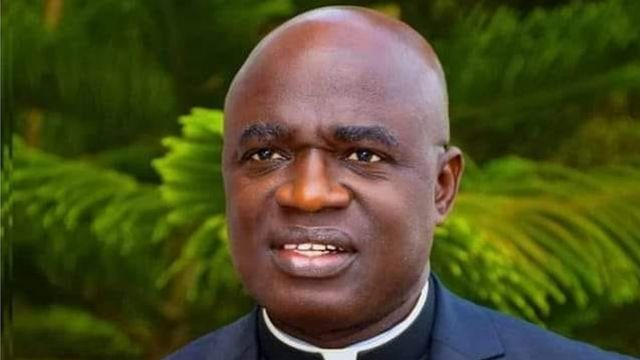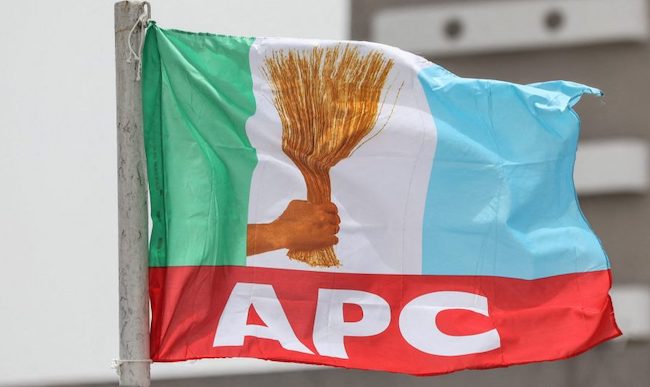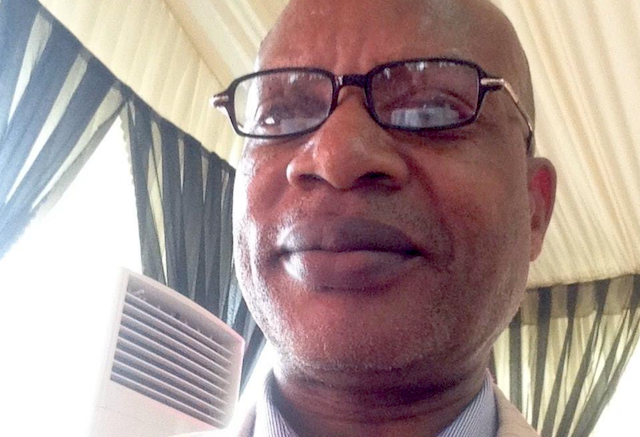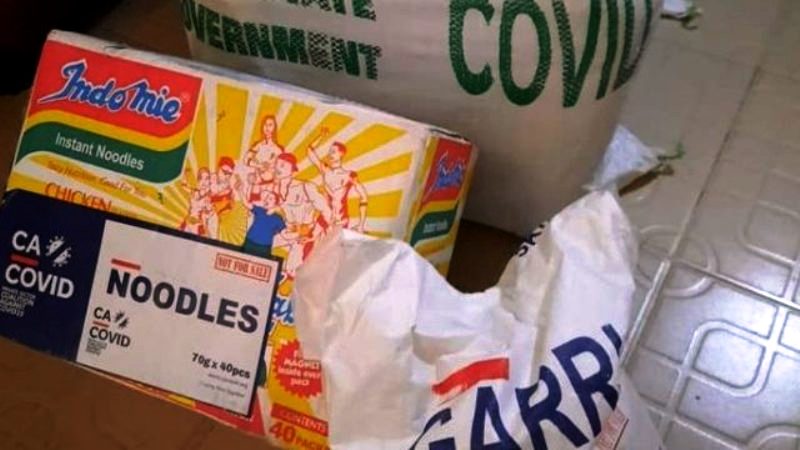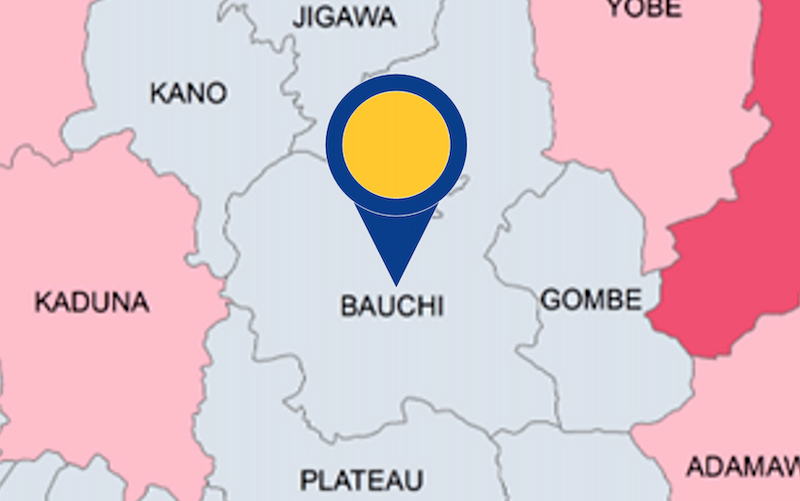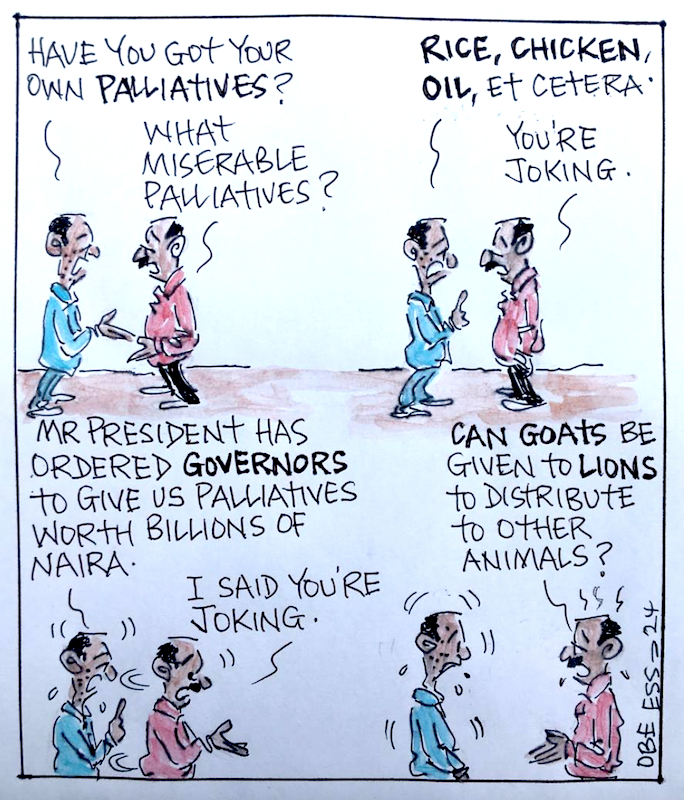December in Nigeria is typically associated with end-of-year festivities: corporate parties, funfairs, family gatherings, concerts, and musical performances. Its celebratory nature has become so prominent that Gen-Zs and Millennials coined the term ‘Detty December’ to capture the excitement.
However, this December has not only been “Detty” but tragically unforgettable for all the wrong reasons. For me, this period is heart-wrenching as the year ends on a grim note with the loss of at least 70 lives—many of them children—due to stampedes during poorly organized food and palliative distribution events.
It is deeply unsettling to know that innocent lives, through no fault of their own, were lost in Ibadan (Southwest), Abuja (North Central), and Okija (Southeast). These tragedies stemmed from the failure to properly plan and manage the distribution of aid. Instead of celebrating the season, affected families are left mourning their loved ones.
As someone who has experienced personal loss, detailed in my book “Beyond Loss and Grief: The Story of Kikaose Ebiye-Onyibe”, I empathize with the grieving families. My book, written after the untimely death of my 18 years-old daughter Kikaose in 2017, serves as a guide to coping with loss. I would like to gift a copy to each family affected by these recent tragedies.
The events leading to this tragic December began in Ibadan, where approximately 35 children died while attempting to claim a N5,000 palliative offered by a faith-based organization. This catastrophe, arising from a stampede attributed to inadequate crowd control, marked the beginning of a sorrowful chain of events on 18 december.
Before the nation could process this tragedy, another incident occurred on same day in Abuja, where 10 people lost their lives during a similar scramble for aid organized by another faith-based group. As Nigerians were still reeling from these events, on 21 december, (barely 3 days after the first two) a third disaster unfolded in Okija, Anambra State, where 22 individuals died while trying to receive food from a philanthropic individual.
These heartbreaking incidents highlight a glaring issue: palliative distribution can—and should—be conducted in ways that do not result in tragedy. Instead, what should have been acts of kindness and goodwill ended in sorrow, tears, and blood—a phrase immortalized in the protest song by Fela Kuti condemning military brutality in the 1990s. It is a cruel irony that these recent tragedies echo the sentiment of that song, even though the events were meant to celebrate humanity and compassion.
The reality is disheartening: this December will be remembered not for its festivities but for the needless loss of lives—70 Nigerians whose potential contributions to the nation were cut short. Among them were children who could have grown into the likes of Albert Einstein, but instead, their lives were prematurely ended in a bid to receive aid.
Philanthropy is as old as human civilization.
From ancient Athens to the modern day, acts of kindness have been a cornerstone of society. Interestingly, one of the earliest recorded philanthropists was the Greek philosopher and mathematician Pythagoras, who founded the Pythagorean Society in Croton, Italy, around 530 BC. His organization provided food, shelter, and education to the poor, setting an example of structured and impactful giving. Perhaps, his fame for his mathematical prowess overshadowed his philantropy.
Nigerians have been known to be philantropy as they have always been their brother’s keeper. So, the acts of giving that turned deadly are not the only occasions that the rich has reached out to poor. The Covid-19 pandemic and consequential lockdown and economic meltdown period are typical examples when public spirited Nigerians and organizations showed acts of kindness to the vulnerable by setting up food kitchens to serve the poor. Typically Nigerians even mark their birthdays by opting to share food to the less priviledged in orphanages and public places such as motor parks which are habitats to those living rough.
So, acts of kindness come naturally to most Nigerians. But the snag appear to be the unstructured ways in which the commendable arts of kindness are being displayed resulting in fatalities to the beneficiaries. Remarkably, large corporations such as Dangote Group has been engaging in benevolent activities in Nigeria on grand scales without recording any catastrophe.
This raises an important question: Why can’t Nigeria adopt better-organized methods of distributing palliatives, such as the Dangote Way?
It is perhaps appropriate at this juncture to dwell a bit on philantropy and its effect on society.
The Role of Structured Philanthropy in Preventing Tragedy
Historically, philanthropy has been an integral part of society, especially in aiding the less privileged. Over time, it has also become a way for wealthy individuals and organizations to enhance their public image through the establishment of charitable foundations.
Today, it is not uncommon for ethical investors to prioritize firms or individuals with a demonstrated commitment to societal good. Examples include globally recognized organizations like the Carnegie Foundation, Rockefeller Foundation, Ford Foundation, and the Bill and Melinda Gates Foundation, all of which have established themselves as forces for good worldwide.
In Africa, prominent figures have followed suit. Aliko Dangote, the continent’s richest man and founder of Dangote Refinery, established the Dangote Foundation. Similarly, Tony Elumelu, a successful entrepreneur in the banking and energy sectors, launched the Tony Elumelu Foundation that has Africa wide coverage. These foundations adopt structured and impactful philanthropic models inspired by practices in the industrialized world.
Other Nigerian billionaires, such as Chief Mike Adenuga, owner of Globacom, and Femi Otedola, founder of Geregu Power, are also known for their generosity. While their philanthropic contributions run into billions, their efforts are often less structured. Nonetheless, both Adenuga and Otedola are widely celebrated for their exceptional charity, with Adenuga gaining continental recognition due to Globacom’s footprint across Africa. In fact that is why Mike Adenuga is popularly referred to as the spirit of Africa.
This historical overview underscores that philanthropy, as a concept, is as old as civilization itself. It thrives globally because it is structured and draws on lessons from past experiences. Unfortunately, in Nigeria, the lack of organized and professionalized philanthropic efforts often turns acts of goodwill into sources of tragedy rather than joy.
Invariably, the solution lies in adopting proven strategies for planning and execution, as exemplified by organizations like the Dangote Foundation. Recently, the foundation successfully implemented its National Rice Relief Programme, distributing over one million 10kg bags of rice across all 774 local government areas in Nigeria from March to early April 2024. This initiative, valued at N15 billion, was well-organized and garnered widespread praise from Nigerians.
Comparing this effort to the chaotic and tragic distribution of N5,000 in Ibadan, food sharing in Abuja, and palliatives in Okija highlights the critical role of organization in philanthropy. While Dangote’s large-scale distribution involved meticulous planning and professional execution, the poorly managed events in these other locations led to preventable fatalities.
The success of the Dangote Foundation’s initiative demonstrates that planning and professionalism are non-negotiable in philanthropy. As such, this discourse aims to advocate for legislative action to establish guidelines for philanthropic activities in Nigeria, ensuring that future acts of charity are executed safely and efficiently. It boggles the mind that wedding parties planners/organizers in Nigeria make provision for drivers of the dignitaries by providing vouchers for them to pick up their food to avoid the scramble that could lead to stampede, yet pallitiatves distributors do not deem it to spread their milk of human kindness in any other way than gathering humans together in tight spaces and without taking into account the potential numbers of responders viz-a-viz the items available to give away.
Be that as it may, it is worth noting that stampedes resulting from poorly planned food distribution events are not unique to Nigeria. Similar tragedies have occurred globally:
• Tanzania (2015): A stampede in Dar es Salaam during food distribution led to five deaths.
• South Africa (2013): Two people died in Johannesburg during a stampede at a food center.
• Kenya (2017): A food distribution event in Nairobi resulted in one fatality.
These incidents emphasize the universal need for proper planning and crowd management during such events. By learning from global best practices and enforcing regulations, Nigeria can prevent similar tragedies in the future.
Tragic Lessons from Philanthropy:
The Need for Organized
Frameworks in Nigeria
Similar to Africa, Asia has also witnessed tragic outcomes during palliative distributions. For instance:
• India (2013): A stampede during a food distribution event in New Delhi resulted in two deaths.
• Pakistan (2014): During Ramadan, a stampede in Karachi claimed two lives.
• Bangladesh (2018): A food distribution event in Dhaka led to one fatality.
In the Middle East, similar incidents have occurred:
• Saudi Arabia (2015): A stampede during the Hajj pilgrimage in Mecca, involving
food and water distribution, resulted in over 2,400 deaths.
• Yemen (2016): A food distribution event in Sana’a left two dead.
Even South America has not been spared:
• Brazil (2013): A stampede during food distribution in Rio de Janeiro led to one
death.
While food distribution stampedes are a global phenomenon, Nigeria’s disproportionate death toll stands out alarmingly. In just three days—December 18 to 21, 2024—three separate stampedes in Ibadan, Okija, and Abuja led to the tragic loss of approximately 70 lives, a stark contrast to the single-digit fatalities seen in other countries.
This glaring disparity points to a lack of organizational planning, risk assessment, and safety measures, rather than poverty alone. For instance, the Dangote Foundation’s National Rice Relief Programme nationwide back in february and Tony Elumelu’s distribution of 1,800 bags of rice in Delta State during the current festive period were conducted safely. Similarly, President Tinubu has distributed palliatives during this festive season and for over 25 years without any loss of life. These examples underscore the importance of meticulous planning and professional execution in avoiding such disasters.
Experts identify common factors leading to stampedes as Overcrowding,Poor crowd control, Insufficient safety measures, and Lack of planning and coordination as well as
Desperation due to limited resources.
Unfortunately, all these factors were prevalent in the recent Nigerian tragedies. For example, in February 2024, a stampede during rice distribution by the Nigerian Customs Service claimed seven lives after supplies ran out. These incidents highlight the urgent need for better planning and regulations in definitive manner to prevent future tragedies.
Lessons from Global Practices
Globally, permits are often required for events involving large crowds to ensure public safety and order. In the United States, such requirements are rooted in lessons from tragic events like the 1929 St. Valentine’s Day Massacre. Permits serve several purposes:
1. Public Safety: Authorities assess risks and implement measures to prevent accidents.
2. Accountability: Event organizers are held responsible for mishaps.
3. Regulation of Public Spaces: Permits help manage disruptions to normal
activities.
4. Emergency Response: Authorities can prepare for medical, fire, and security needs.
5. Community Input: Residents and businesses are notified and allowed to provide feedback.
6. Legal Framework: Regulations ensure freedom of assembly is exercised responsibly.
Adopting similar frameworks in Nigeria could help prevent the kind of tragedies seen in December 2024. Arising from the above lawmakers must urgently enact laws governing the organization of palliative and food distribution events, mandating professional planning, crowd control measures, and risk assessments.
A Call to Action
It is unsurprising that the organizers of the recent tragic events in Nigeria did not violate any existing laws, as no regulations currently govern such activities. As such, this lack of oversight highlights the need for urgent legislative intervention to ensure the safety and dignity of future philanthropic efforts.
Therefore, each of Nigeria’s 36 states and the Federal Capital Territory must develop and codify regulations that reflect local dynamics, ensuring that no charity event becomes a source of mourning. As Napoleon Hill wisely said, “Every adversity, every failure, every heartache carries with it the seed of an equal or greater benefit.”
The benefit from these tragic events must be a collective resolve to prevent future occurrences. May 2025 be a year of safety, progress, and lessons learned.
Magnus Onyibe, an entrepreneur, public policy analyst, author, democracy advocate, development strategist, alumnus of the Fletcher School of Law and Diplomacy, Tufts University, Massachusetts, USA, and a former commissioner in the Delta State government (2003–2007),sent this piece from Lagos.
To continue with the dialogue on the matter under reference and more: pls visit www.magnum.ng.

